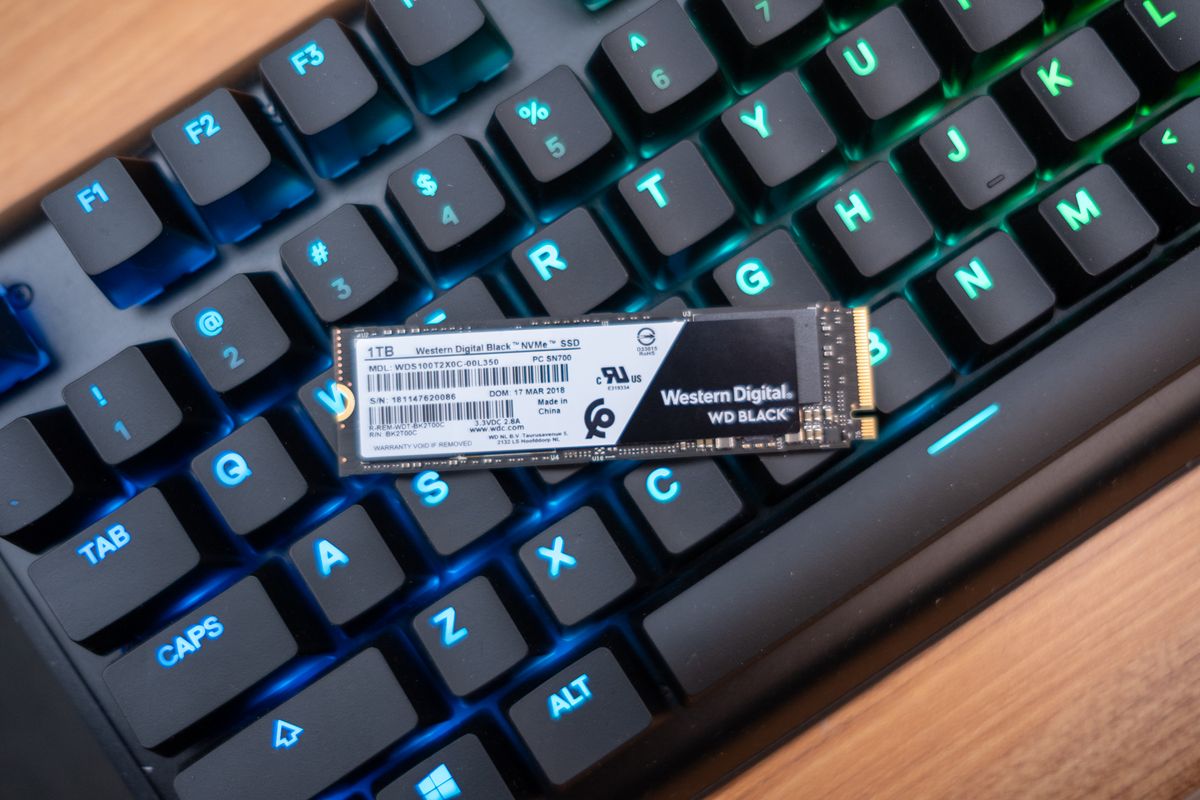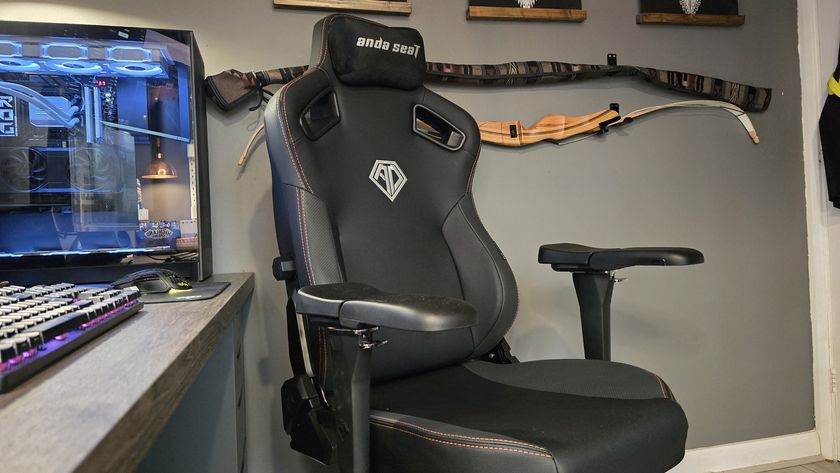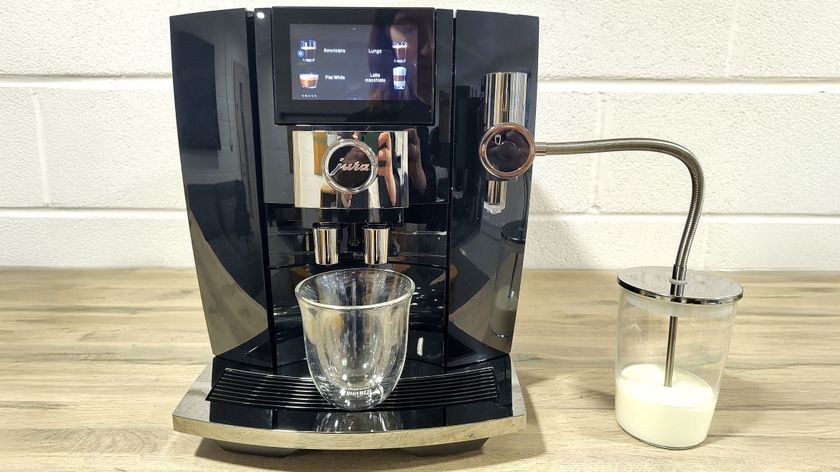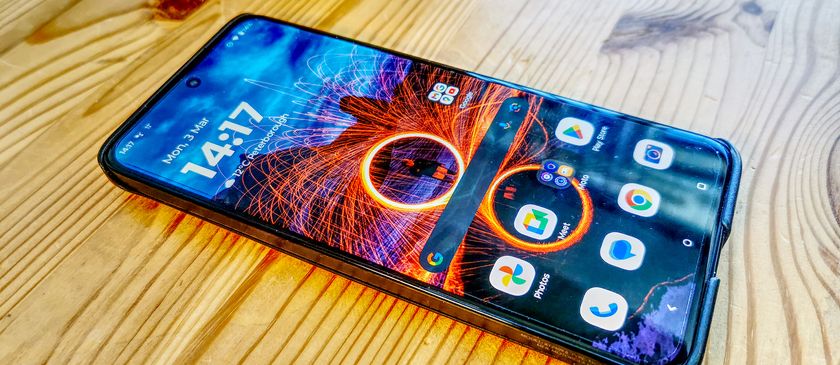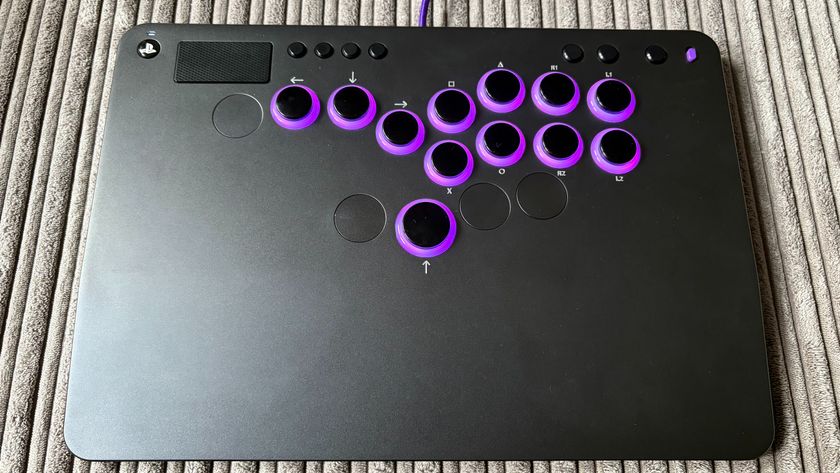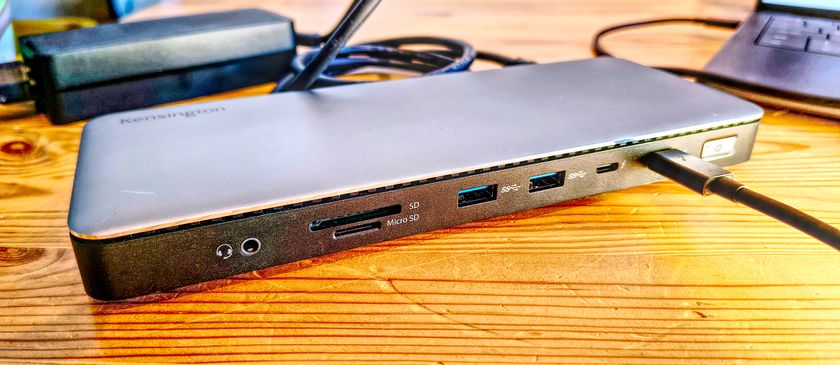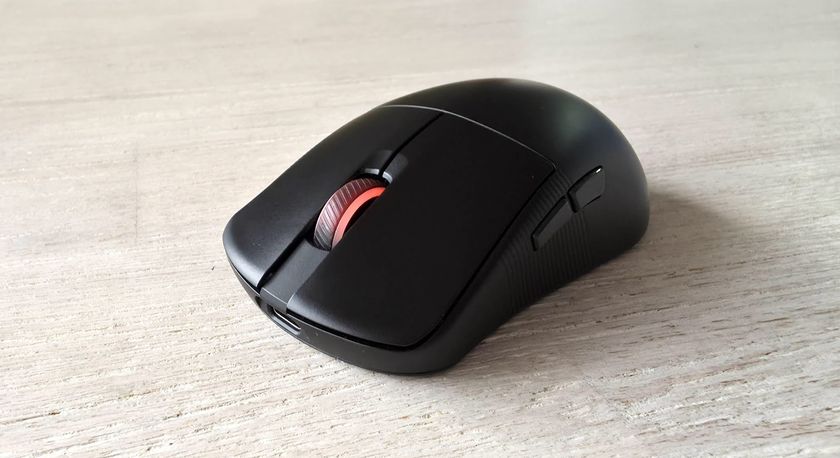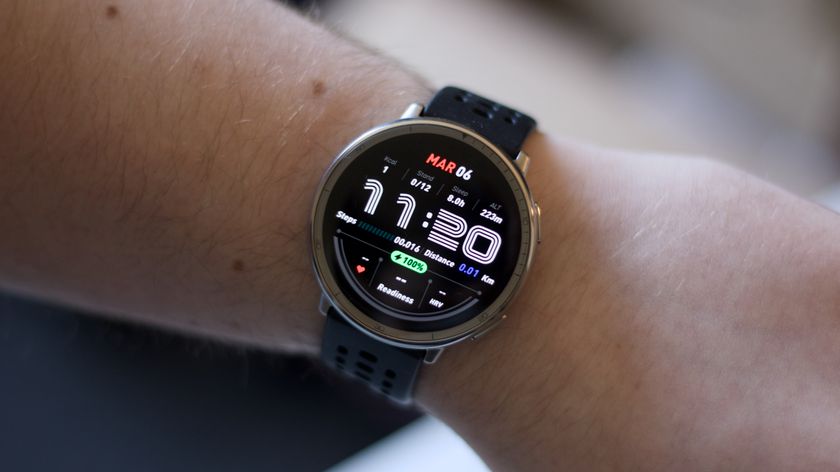TechRadar Verdict
The WD Black NVMe SSD is the first real threat to Samsung’s solid-state storage supremacy as the fastest writing drive we’ve ever tested.
Pros
- +
Performance ranks among the best
- +
Fastest sequential write speed we’ve recorded
- +
Designed for longevity
Cons
- -
Disappointing random write speeds
Why you can trust TechRadar
For better or worse, Samsung has been the undisputed leader in the solid-state drive world with the fastest NVMe drives. While many have tried to dethrone the South Korean electronics firm’s undisputed lead, just as many have failed to deliver the same level of speed.
Leave it to the hard drive titan, Western Digital, to come up with a solid-state drive that goes toe-to-toe with Samsung’s best. Not only does the new WD Black NVMe SSD keep up with Samsung’s latest 970 Evo, it’s also the fastest-writing drive we’ve ever tested.

Features and price
Western Digital’s fastest SSDs start at a surprisingly affordable $119 (£109, AU$189) price for 250GB and getting double the capacity basically doubles the price to $229 (£199, AU$359). For a full terabyte, you’ll have to pay out $449 (£377, AU$659) for the largest Black NVMe SSD currently available.
Prices for the Samsung 970 Evo line up perfectly with WD’s pricing scheme with 250GB drives starting at $119 or £106 (about AU$160), followed quickly by $229 or £205 (about AU$300) 500GB and $449 or £400 (about AU$590) 1TB capacities. The one outlier is you can get this mid-range SSD in an obscene 2TB capacity for an equally absurd $849 or £749 (about AU$1,120).
In terms of speed these two driving rivals are nearly equally matched as well. The WD Black NVMe SSD clocks in with 3,400 MB/s sequential reads and 2,800 MB/s sequential writes. Comparatively, the Samsung 970 Evo read data a little bit faster at 3,500 MB/s, but can’t write to disk nearly as fast at only 2,500 MB/s.
Western Digital’s new SSD is significantly faster than the previous Black PCIe SSD, which only topped out at 2,050 MB/s and 800 MB/s sequential read and write speeds, respectively.
Each Black NVMe SSD drive also incorporates a sliver of SLC (Single Level Cell) 3D NAND, which is famed for being the fastest form of flash memory even though it can only really move a small amount of bits. A larger portion of the drive relies on Triple Level Cell (TLC) 3D NAND that’s more suited read uses (i.e. storing data), but WD has implemented tiered caching to speed up the overall system.
For example, if you were to move a mass of photos, the drive would first attempt to move as much data using its dedicated SLC blocks because they’re designed for burst workloads such as this. Any spillover would move over to the slower, read focused TLC NAND. At the same time the drive will also use the SLC blocks whenever possible to move data through faster through an ‘aggressive evacuation’ policy.
Basically, the WD Black NVMe SSD is designed to use its fastest flash memory at all times and reduce latency with plenty of other ‘house cleaning’ and ‘garbage collection’ background processes.






Performance
The WD Black NVMe SSD might seem overly complicated compared to Samsung’s straightforward use of 64-layer V-NAND, but it definitely delivers results. This drive keeps in step with the 970 Evo in sequential reads and gets a significant lead while writing data to its NAND memory.
When it comes to random data transfer speeds, the Black NVMe SSD is a little slower on the read and disappointingly behind on writes despite having such an impressive showing with its sequential speeds. This also ends up hampering the drive in our data transfer tests, where the drive took a tick longer to move a 10GB file and folder.
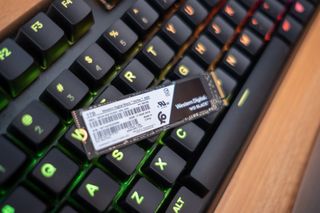
Final verdict
The WD Black NVMe SSD is an incredible step up from the company’s previous PCIe drive, delivering a massive increase to read and write speeds. Thanks to the latter being the highest we’ve ever recorded, it manages to step slightly out from the shadow of the Samsung 970 Evo. If you’re in the market for the ridiculously fast, but still approachable storage, you should definitely give the WD Black NVMe SSD a shot.
Kevin Lee was a former computing reporter at TechRadar. Kevin is now the SEO Updates Editor at IGN based in New York. He handles all of the best of tech buying guides while also dipping his hand in the entertainment and games evergreen content. Kevin has over eight years of experience in the tech and games publications with previous bylines at Polygon, PC World, and more. Outside of work, Kevin is major movie buff of cult and bad films. He also regularly plays flight & space sim and racing games. IRL he's a fan of archery, axe throwing, and board games.
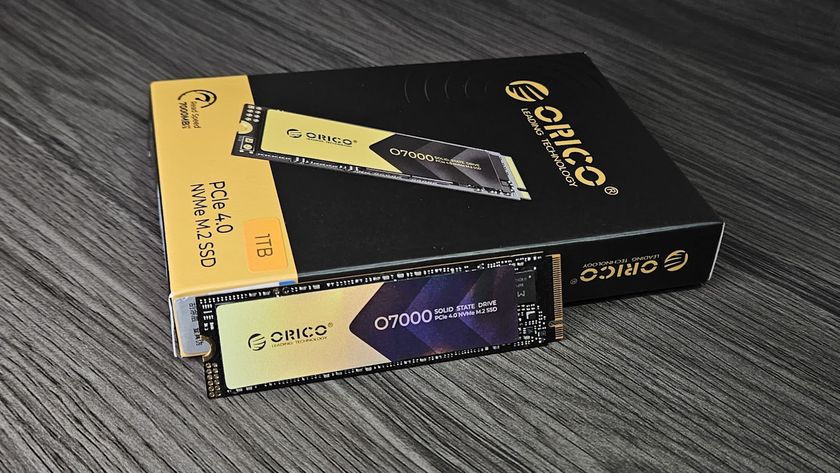

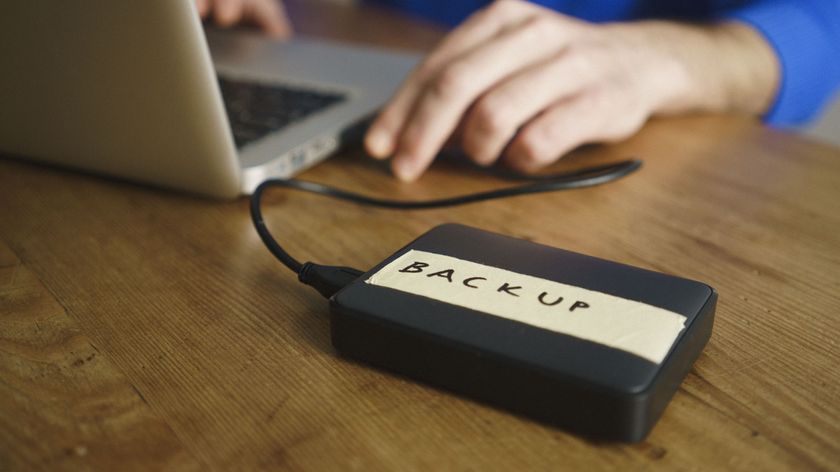

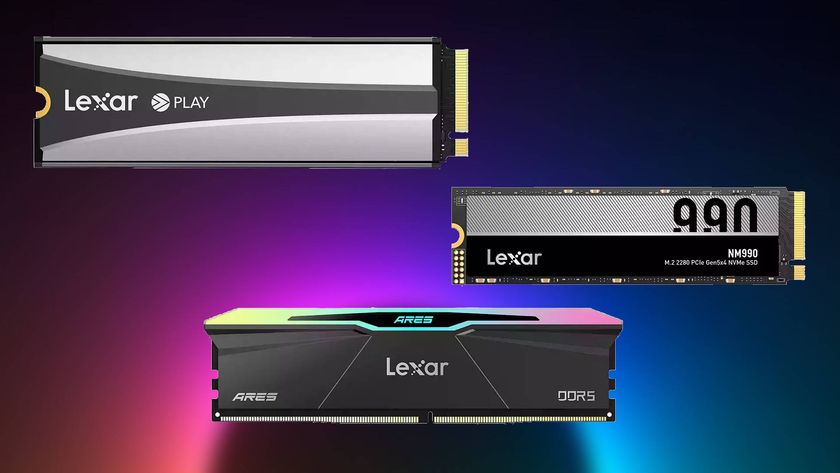
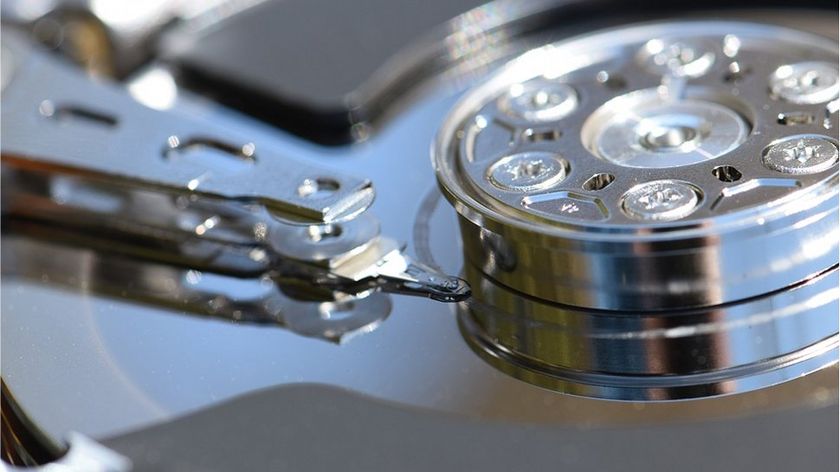
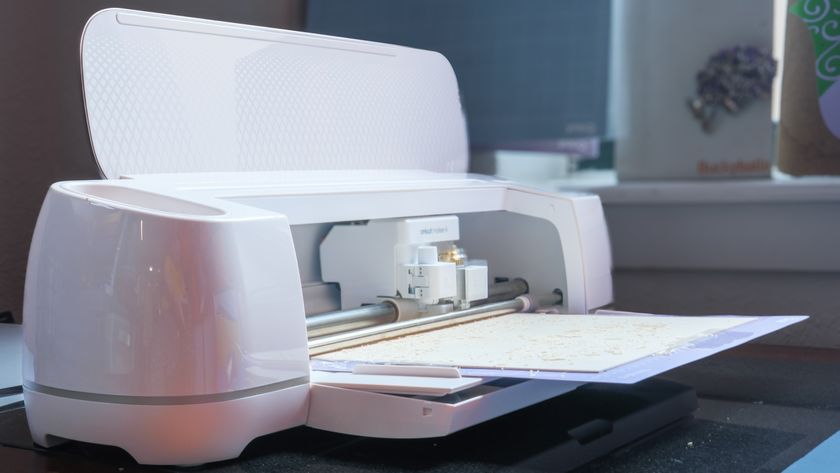
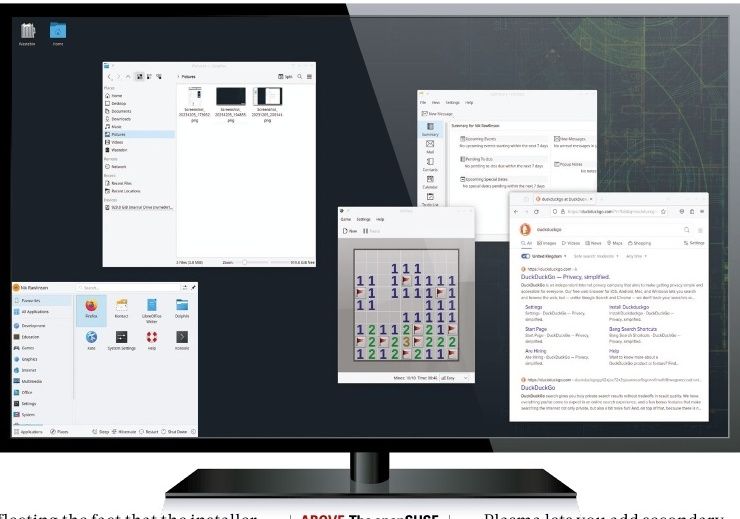
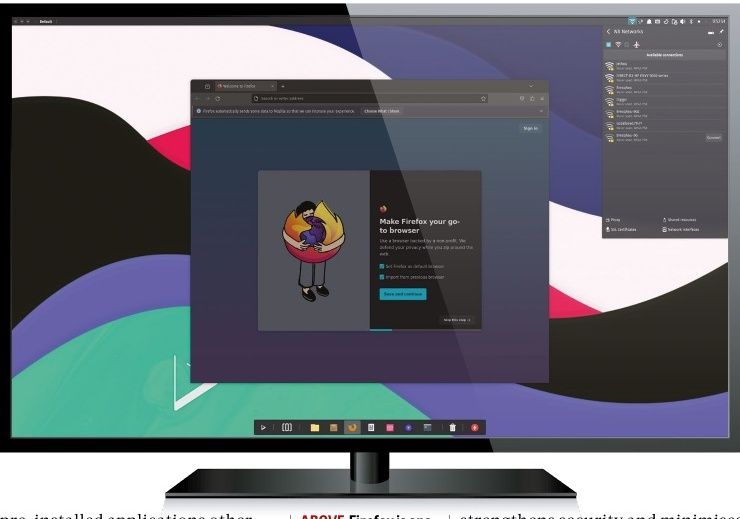
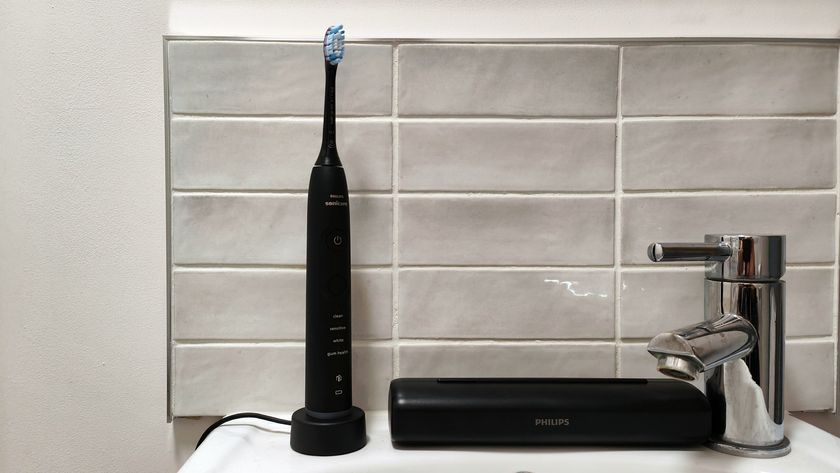

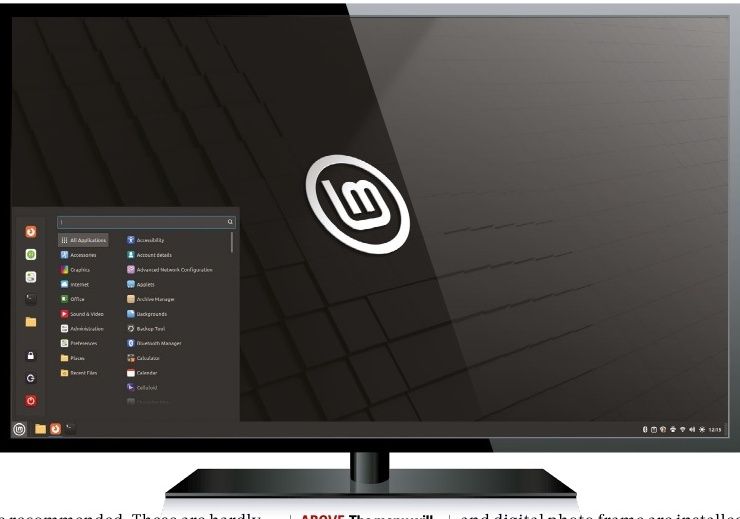
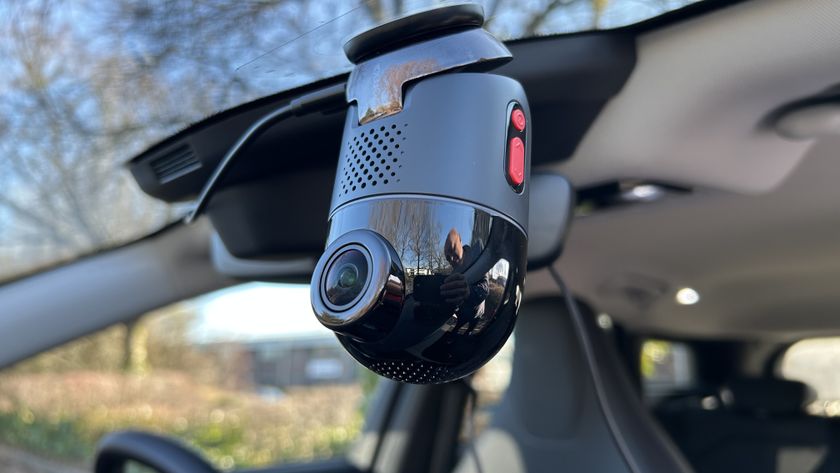
I've reviewed dozens of dash cams, and 70mai's new rotating 4K dash cam is unlike any other
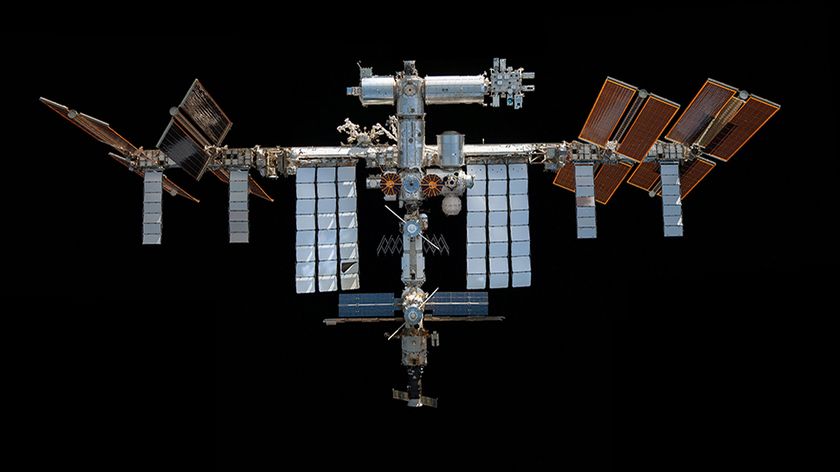
Is the moon too far for your data? IBM's Red Hat is teaming up with Axiom Space to send a data center into space

GTA 6's console-only launch reminds me of how much I despise console exclusivity - is it worth waiting years for PC ports?
